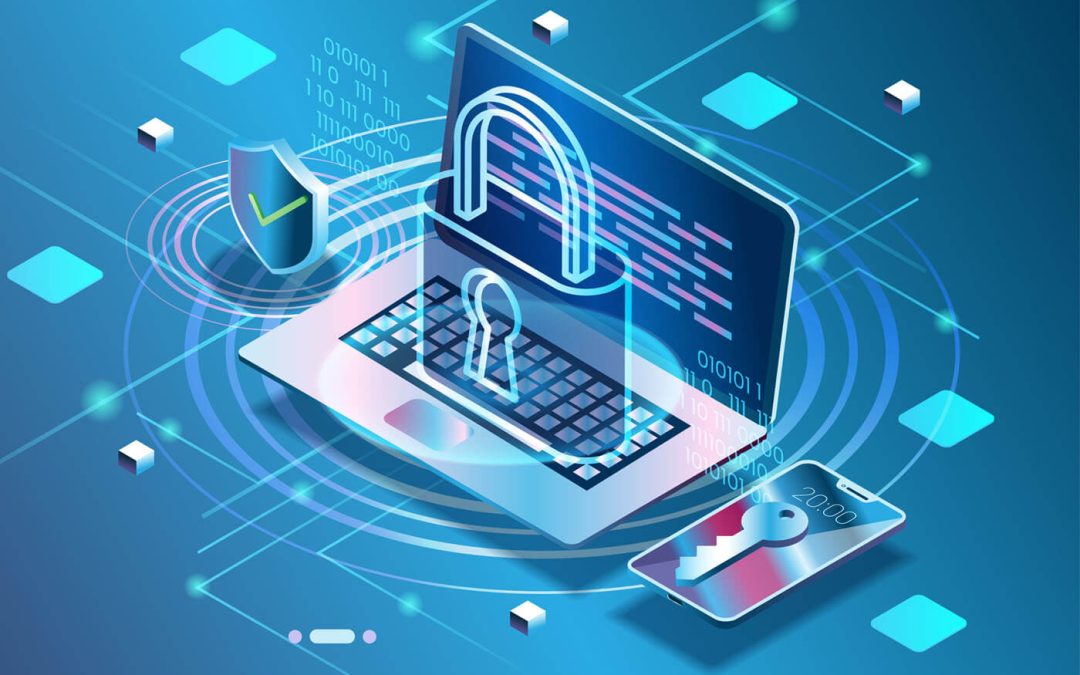As a business, it’s very important to focus on accessing data and protecting your information from going into the wrong hands. And since businesses lose millions every year due to hackers, it’s crucial to have some sort of Data Loss Prevention system. Not only will it protect your company, but it will also make sure that you avoid any leaks and attacks/hacks in the long run.
What is the role of Data Loss Prevention?
At its core, DLP or Data Loss Prevention is all about technologies that can be used to prevent sensitive data from being lost or misused. Generally, Data Loss Prevention will monitor as well as control data in motion, data at rest, but also data in use. With this tech, it becomes easier to secure and identify data, while also protecting it as well.
Why should every business have a Data Loss Prevention system?
It’s important to try and make sure that as a business, you continually grow and evolve. Making sure you get to focus on things that matter and you’re constantly pushing the limits, all of that helps quite a bit. Plus, with DLP, you have all kinds of benefits, like:
- Data Loss Prevention can provide you with regulatory compliance, a system that matters a lot more than expected.
- Insider risks can be very prevalent, and having a system that helps you prevent such attacks will be extremely useful.
- At the same time, we encounter more and more cyber security threats. Most company owners think this won’t happen to them, until it does. Having a way to deal with those issues matters quite a lot, and you should totally keep that in mind.
- Plus, with help from Data Loss Prevention, you have the opportunity to protect your intellectual properties, too. A lot of the time, your IP involves lots of costs and any losses can lead to your company’s peril. That’s why you have to be very focused on avoiding such problems.
- Data Loss Prevention also helps you maintain the customer’s trust. These days, you are most likely handling customer data as well. Knowing how to manage and handle that is not easy, but it’s definitely going to matter a lot more than expected.
How can Data Loss Prevention help your business?
There are all kinds of reasons why DLP can be a great addition to any business. In this case, you have much better data visibility, and you will know how it moves, who can access the data and so on. In addition, you can enforce policies automatically, which is another major benefit to consider.
Data Loss Prevention also helps with incident prevention and response, an approach that truly matters and which can help you avoid violation-related issues. Plus, DLP can be great when it comes to saving money that you would otherwise have to spend on recovery expenses. Plus, it gives you that competitive edge/advantage that a lot of businesses want when it comes to offering a great sense of security.
What leads to data loss?
It depends on the type of business you have. But in general, there can be plenty of reasons why data loss can be problematic, and human error is definitely a prime example here. Plus, you can also have malware or ransomware along with phishing attacks. Then, there are lost or stolen devices which can have sensitive data, all of which can lead to data loss. Add to that things like third party vendor risks and cloud misconfigurations, all of these can be problematic, and addressing those can be incredibly helpful in the end.
Core components when creating a Data Loss Prevention strategy
When you want to establish a good DLP strategy, it’s important to focus on figuring out the right strategy that you can use here. That should normally include:
- Data classification is crucial, since you want to know where’s the data and how you can classify it.
- After that, you must create policies to highlight when the data can be accessed, who can access it, etc.
- Employee training matters in this situation as well, and it will highlight a lot of important info here, so there are fewer human errors, too.
- Network security needs to be a part of the DLP strategy, so you can block any risky transfers, among others.
- Of course, other things like endpoint protection or cloud DLP are things that you want to assess and handle as well.
At the end of the day, a great Data Loss Prevention strategy can do wonders, and it has the potential to help your business more than expected. It’s not a walk in the park, but once you implement it correctly, you can have excellent results. Make sure that you start implementing the Data Loss Prevention strategy after a risk assessment, use encryption and also perform regular audits to avoid any issues!





Recent Comments